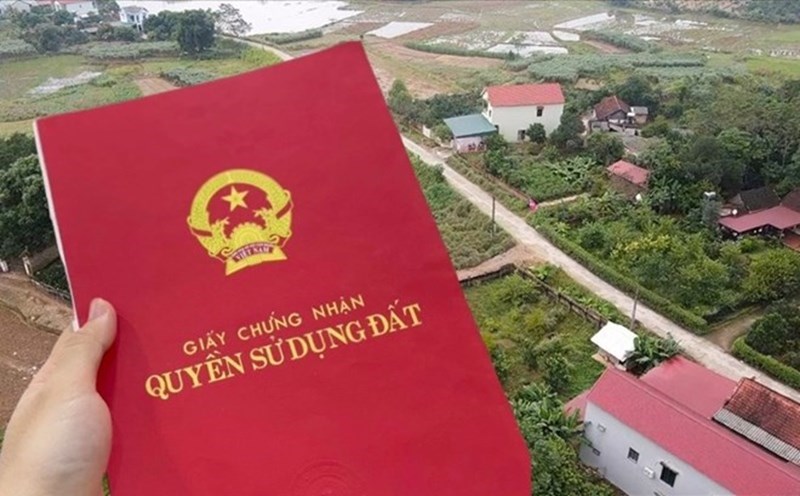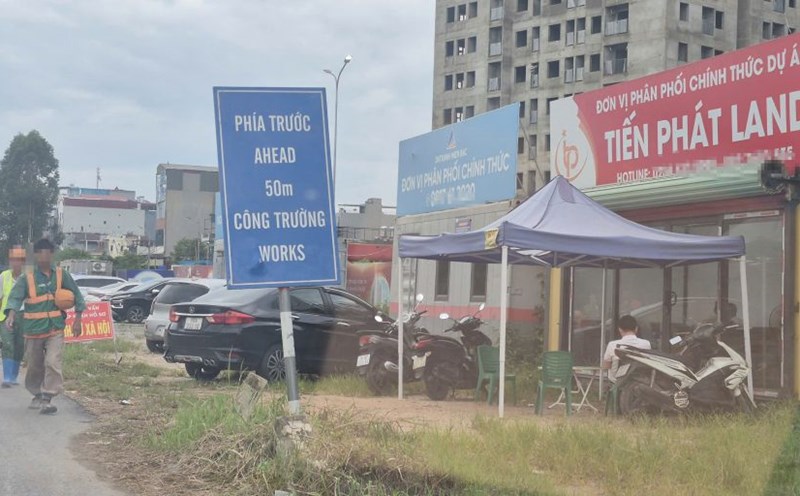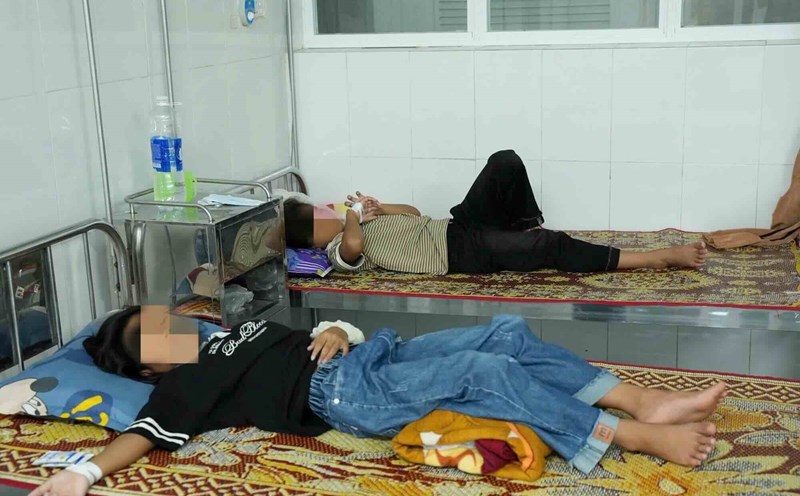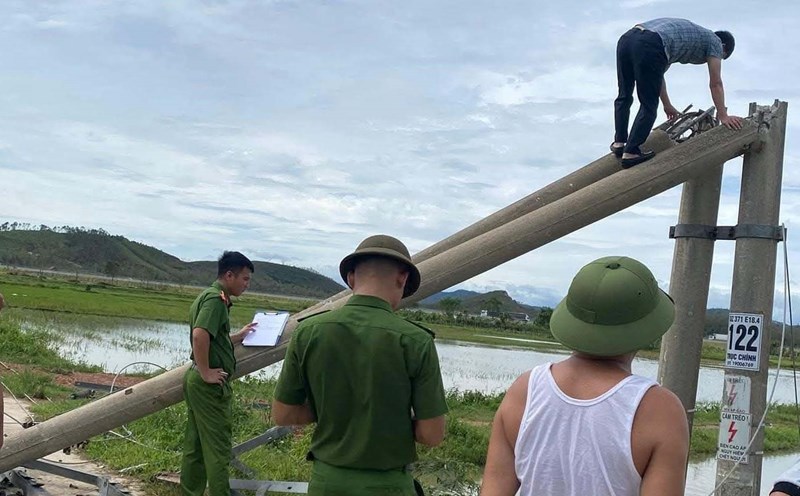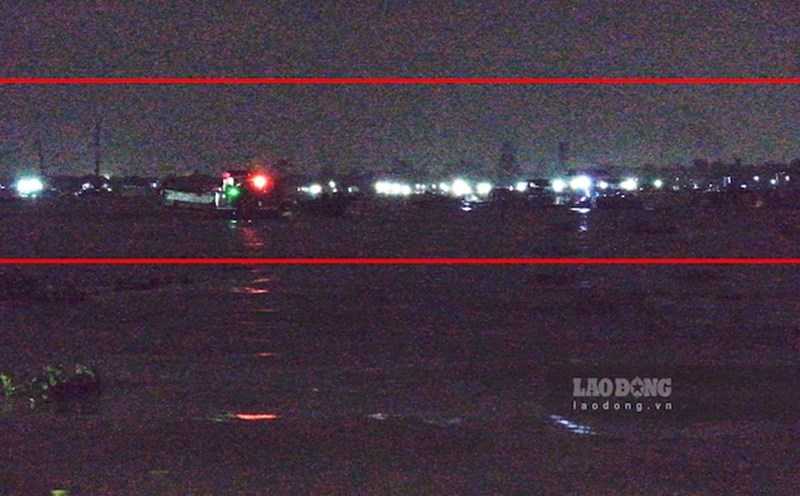Telecommunications and Internet services in Afghanistan were restored on the evening of October 1, after a 72-hour interruption nationwide. People in Kabul, Herat and Kandahar confirmed that fiber optic and mobile networks have resumed operation but connections are slow and unstable. Users can access social networks and news sites, but their studies, work and online transactions are still affected.
So far, the Taliban authorities have not explained the restoration. The incident comes weeks after Supreme Supreme leader Taliban Haibatullah Akhundzada issued an Internet blockade on September 16, which has been applied in half of the provinces nationwide.
Previously, the entire telecommunications and Internet network cut off from the evening of September 29 caused great damage to economic and social life. Schools, agencies, and businesses are paralyzed; the banking, customs, money exchange services, and aviation systems are stagnant. Flights to and from the capital Kabul have been canceled, with commercial transactions almost stopped.
Observers say the incident shows the fragility of Afghanistan's telecommunications infrastructure. Social activists called on the Taliban to recognize the right to access the Internet as a basic right, preventing widespread disruption.
The United Nations also expressed concern and emphasized that information disruption could isolate the community, hinder humanitarian aid and worsen the socio-economic situation. Half of Afghanistan's 43 million people are in need of humanitarian assistance.




